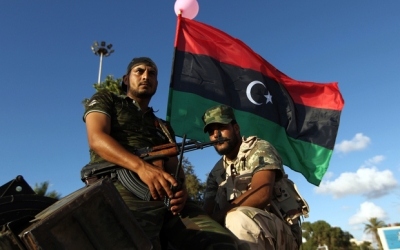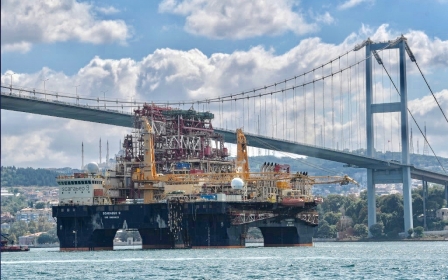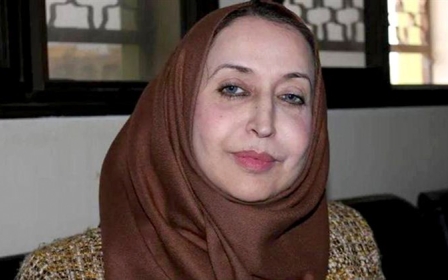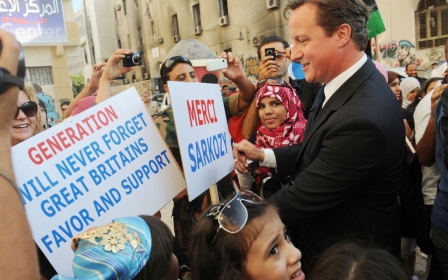Turkey to send troops to Libya in support of Tripoli government
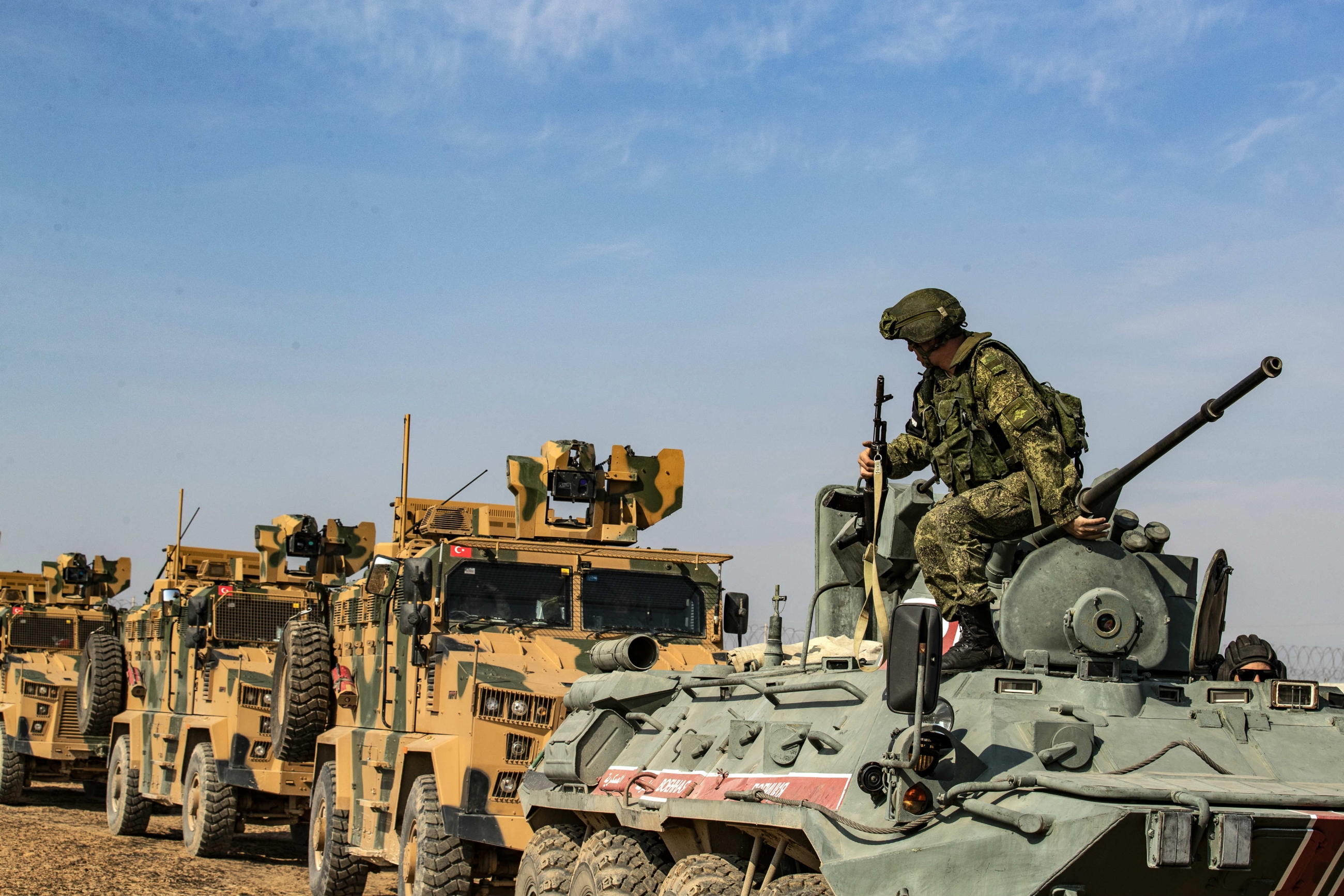
Turkish President Recep Tayyip Erdogan has said Ankara will send troops to Libya after Tripoli's UN-backed government requested military support in its battle against forces led by military commander Khalifa Haftar.
In a speech in Ankara on Thursday, Erdogan said he would present legislation for the troop deployment to parliament in early January.
Turkey's parliament would vote on the motion on 8 or 9 January, he added.
'[Russia] are helping a warlord. We are responding to an invitation from the legitimate government of Libya,'
- President Recep Tayyip Erdogan
"Since there is an invitation [from Libya] right now, we will accept it," Erdogan told members of his AK Party.
"We will present the motion to send troops [to Libya] as soon as parliament resumes."
The UN-recognised Government of National Accord (GNA) has been fending off a months-long offensive by Haftar's forces, who are backed by the United Arab Emirates (UAE) and Egypt, and are also supported by fighters and mercenaries from Sudan and Russia.
Haftar, a one-time CIA asset who served under former leader Muammar Gaddafi, launched a military operation on the capital Tripoli in early April, but so far his forces have been unable to reach the city.
The clashes have killed more than 1,000 people and wounded around 6,000. According to UN agencies, more than 120,000 people have been displaced.
Following Erdogan's announcement, interior minister Fathi Bashagha told reporters in Tunis that the GNA would officially request military support from Turkey if the war over the capital escalates.
"If the situation escalates and then we have the right to defend Tripoli and its residents... we will submit an official request to the Turkish government to support us militarily so we expel the ghost of mercenary forces," Bashagha said.
A GNA official told Reuters news agency later on Thursday that his government has formally requested from Turkey "air, ground and sea" military support to fend off an offensive of eastern forces to take the capital Tripoli.
Russia 'helping a warlord'
Erdogan justified the planned troop deployment saying Haftar's forces were backed by the Wagner group, a Russian security company.
"They are helping a warlord. We are responding to an invitation from the legitimate government of Libya," Erdogan said. "That is our difference."
The Wagner Group is a shadowy Kremlin-backed private military contractor that has also been involved in the Syrian civil war, where Moscow backs President Bashar al-Assad against rebel forces.
The military contractor is also believed to be active in Sudan and the Central African Republic, where it reportedly serves as President Faustin-Archange Touadera's personal security detail.
Asked about Ankara's plans to send troops to Libya, Kremlin spokesman Dmitry Peskov told the AFP news agency it was "unlikely that the interference of third parties in this situation could contribute to a settlement."
He added: "But any attempt by third countries to contribute directly to solving the problem and to help the parties to the conflict find a solution is always welcome."
Thursday's announcement came a day after Erdogan met with his Tunisian counterpart, Kais Saied, during an unannounced trip to the Tunisian capital to discuss developments in Libya.
Erdogan told reporters in Tunis that the two leaders discussed ways to establish a ceasefire and bring warring factions back to the negotiating table.
On Thursday, Erdogan also said that Turkey and Tunisia had agreed to support the GNA.
"We have given and will give all forms of support to the Tripoli government which is fighting against a putschist general backed by Arab countries and Europeans," Erdogan said.
However, later on Thursday, the Tunisian presidency denied that it was involved in any alliance with any party in Libya.
"Tunisia will not accept to be a member of any alliance," a presidential statement said.
Libya, a large oil producer, has been plagued by crisis since a NATO-backed uprising toppled longtime leader Muammar Gaddafi in 2011.
The country is split between two rival administrations: the GNA, led by Prime Minister Fayez al-Sarraj, and the House of Representatives based in the eastern city of Tobruk, which is allied to Haftar.
Middle East Eye propose une couverture et une analyse indépendantes et incomparables du Moyen-Orient, de l’Afrique du Nord et d’autres régions du monde. Pour en savoir plus sur la reprise de ce contenu et les frais qui s’appliquent, veuillez remplir ce formulaire [en anglais]. Pour en savoir plus sur MEE, cliquez ici [en anglais].


